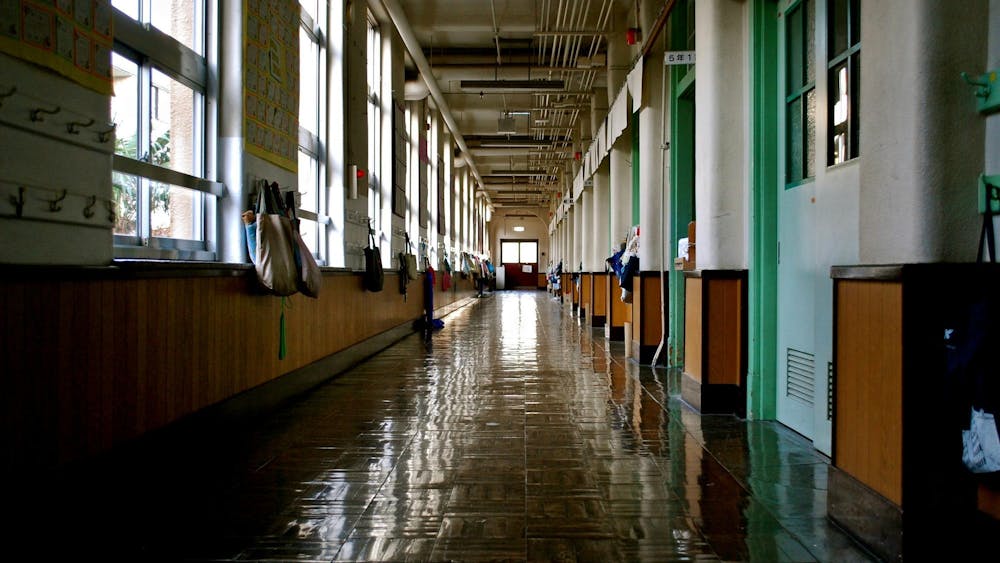In today’s modern world, occupied by the 24-hour news cycle and a plethora of television pundits, one cannot help but come to the sobering conclusion that the United States is on the decline.
The economy is still unstable from the Great Recession. Congress is in constant partisan gridlock. Jobs are leaving for cheaper alternatives overseas, and nations like China and India are seen as emerging powers. But while all of this is being told to the American people, something interesting is happening behind the scenes: America is marching forward, like it always has.
America is not a nation on the decline, but rather a nation slowly and inexorably improving itself and its allies. Although the economy was drastically hurt by the Great Recession, the stock market is higher than it has ever been before, and growing fields like renewable energy and biotechnology are on the rise. Even though it may be possible to ship manufacturing jobs overseas, it will never be possible to get rid of the ingenuity of the American people. When pushed to our limits, we put a man on the moon and defeated Soviet-era Communism. And, by the way, we are currently home to 132 of the Fortune 500 companies. From our humble revolutionary roots, we know that we have something to prove to the world, and we do that every day.
Some point to our government, especially Congress in recent years, as a cause of the problems of America. From the outside world, Congress appears to be a slow moving behemoth of a political machine. The media portrays them as producing very little, and what little they do produce is watered down. In fact, this gridlock is a built in blessing from our Founding Fathers.
If this can be seen through the workings of Congress, however, a much different picture is painted. Congress is slow because it is made up of two opposing sides with differing ideals. In order to get anything passed, both sides in each house must work together, in addition to receiving the presidential signature of approval. Even if both sides agree that something should be done, they generally do not agree how it should be done. Through this series of compromises, each is driven toward the middle of the political spectrum. If Congress had the opportunity to rapidly push bills through, this process of moderating bills would be lost. The American system of democracy was the first successful democracy of the modern era, and our revolutionary ideals still inspire freedom-loving peoples across the globe.
Finally, many people say that the reign of America as the world’s sole superpower is coming to an end. China, many people claim, will soon be calling the shots on behalf of the world community, as they are rapidly growing and industrializing. But what these critics of America fail to see is that China is nowhere near ready to take on international powers. The United States GDP is $16.24 trillion, while China’s is only $8.23 trillion. While this may seem close, it is important to remember that china has nearly four times more citizens than the U.S., making the GDP per capita of the US $51,700 and of China $6,091. Furthermore, the rapid growth of China has come from its cheap industrialization of the country, a phase that the Unites States went through over a century ago. Now in a post-industrial economy, the United States has the ability to use and cultivate the brain power of its citizens, an ability so much more useful for long term growth and success.
So although some people say that America is on the decline, we know this not to be the case. In the words of the great Ronald Reagan, “It’s morning in America again.” Whether in this generation or the last, the sentiment holds true. America is constantly going through a rebirth to better itself and adapting to the changing world, while still holding true to its ideas of ingenuity, freedom, and democracy. We, the students of Notre Dame, will play an integral part in the future of America. America’s future is bright.













